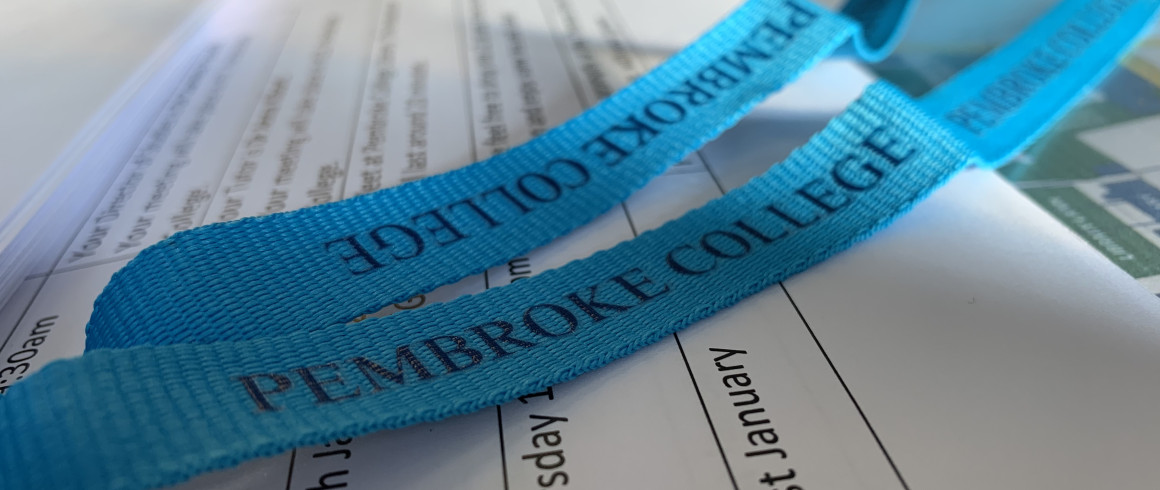Imagining War: The Art and Literature of Conflict
Every war story, according to Leo Tolstoy, begins with the disclaimer that war cannot be understood by those who are not there to witness it – yet the story is always told anyway. Since the earliest works of art and literature, war has been a persistent topic and a prevailing theme, but it has also presented a challenge for artists and writers: while culture cannot resist representing war, war often seems to resist being represented. This course asks why war has seemed to hold such a challenge for representation in art and writing, and how artists and writers have attempted to overcome this resistance to image-making and storytelling. Our primary focus will be on literary works that offer rich and evocative depictions of modern warfare.
The lectures will survey war’s representation – focusing principally on literature, but touching also on visual art and film, where relevant. Students will be introduced to some remarkable literary works and to the history and theory of war as a literary subject. Central themes will include the ways literature has memorialised past wars, and the ways it sometimes seems to anticipate future ones. Further attention will be given to war’s literary tropes – the soldier’s departure and homecoming, the horror of battle, the experience of eyewitnesses who did not fight – and to the poetic and narrative forms literature has developed to represent new types of warfare: the two World Wars, aerial bombardment, nuclear conflict, and others.
The seminars will give students the opportunity to undertake their own close analysis of major writers, focusing on short literary texts and extracts from longer works. Our discussions will examine major themes in war writing, as well as the particular forms in which this writing has been undertaken, including theatre, poetry, novels, short stories, and narrative journalism – ‘war poets’ of the First World War; contemporary poets, such as Denise Levertov, Kevin Powers, and Amit Majmudar; novelists such as Mulk Raj Anand, Virginia Woolf, Cormac McCarthy, and Chimamanda Ngozi Adichie; and war reporters, such as Martha Gellhorn.
Course Objectives
By the end of this course, students should be able to:
- read texts critically and in a way that shows an understanding of their formal and aesthetic qualities, their historical and material contexts, and the complexities of their ideas and themes as thought out in their form
- recognise the range of literary and cultural texts and historical and cultural contexts studied in this course
- learn the basic outline of the twentieth-century war writing in English
- express an understanding of texts and their contexts in dialogue with others, in written assignments, and in an examination
- utilise the core concepts and terminology of literary study and cultural history
Intended Audience
This course is aimed at students who are intellectually curious, willing to read a wide range of sometimes challenging texts, and excited to think across different forms of representation.
While it will be illuminating for those students interested in the way war has been represented in art and literature, it will be equally stimulating for those interested in the development of modernist and postmodernist literatures, and in the methods by which art and writing capture specific kinds of human experience.
The course will be of particular relevance to students of literature and art history, but it will also engage with questions highly relevant to the study of philosophy, history, media studies, and politics.
Previous Knowledge
There are no formal pre-requisites for this course, although an advanced level of English language ability is required.
Students will also find it helpful to have a general awareness of English Literature of the nineteenth and twentieth centuries. For students who have not covered this area in survey courses at their home universities, it may be helpful to read the editorial introductions to the different sections in The Norton Anthology of English Literature, especially those of the final volume, covering The Twentieth and Twenty-First Centuries.
Transferable Knowledge and Skills
This course will develop skills in close reading, analytical writing and speaking, and the ability to connect texts with wider contexts. The knowledge gained will be relevant to future studies in many fields, including literature, history of art, history, media studies, politics, and philosophy.
Dr Nathaniel Zetter
Dr Nathaniel Zetter is a Teaching and Research Associate in English Literature at Pembroke College, University of Cambridge. He teaches broadly across modern and contemporary literature, critical theory, and visual culture. His current research interests concern modern war literature, the intellectual history of criticism, and the aesthetics of digital culture.
